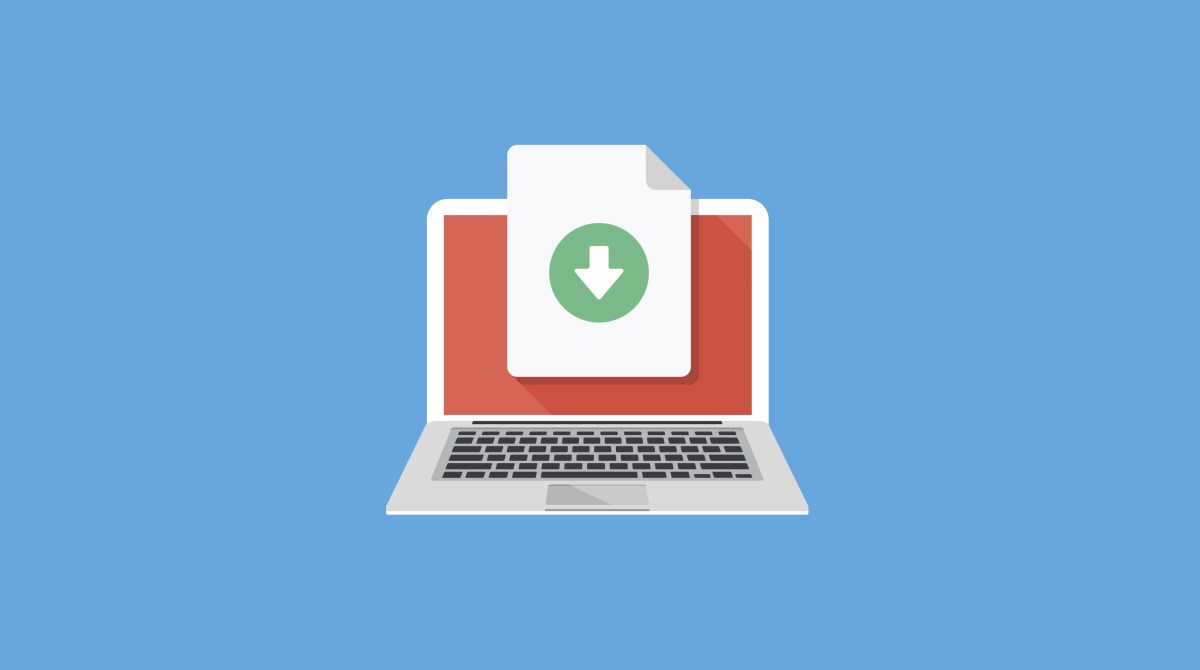New ASU accessibility service lets students get files in more formats

Students at Arizona State University can now download class documents as files formatted for screen readers, braille or MP3 audio, the school announced Thursday, a service university officials said will make digital course content more accessible for all students.
Ally, the new tool from learning management system provider Canvas, not only scans content and converts it to different file types, but also can be used to measure and score the accessibility of the content uploaded by faculty.
“It gives a meter rating of the access level of that document,” Chad Price, director of the Disability Resource Center at ASU, said in a press announcement. “Red is inaccessible, yellow is partially accessible and green is pretty accessible.”
Previously, students who needed documents converted into new formats had to put in a request with the university’s Disability Resource Center, Price said, but with Ally, students — especially those with visual impairments — now have greater access to important documents and course material.
But students with disabilities are not the only ones to benefit from this technology — anyone can use the new service as a way to consume content more easily, Price said.
“Students can download a document into an MP3 file and they can listen to it when they’re driving to school,” he said.
ASU’s new technology is the latest in a succession of efforts made by higher education institutions to ensure that education becomes more easily accessible to all students. According to Educause’s latest Top 10 IT Issues report, creating an ecosystem of services that improve students’ access to information and services from wherever they are and from whatever device they are using is critical to ensure the continued value of education.
Other efforts to make education more student-centric have taken place across the country, including the launch of digital accessibility training resources at Texas’ state-funded colleges and the adoption of a remote attendance policy at Indiana University to improve class accessibility by allowing students to join live lectures remotely.




